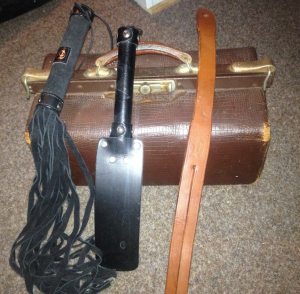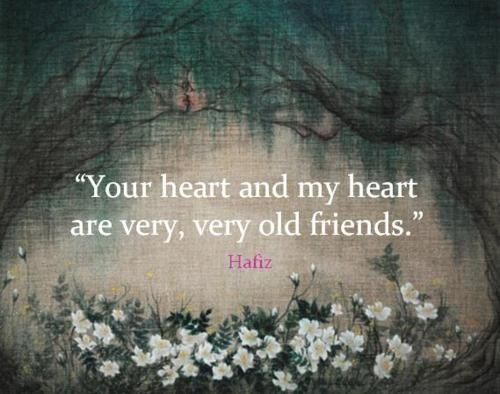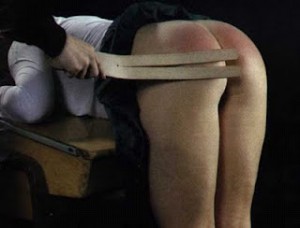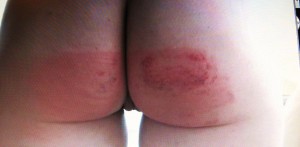My father has his own people around him.
I walked out of the family house when I was 17. I slammed the door, as a petulant young man will when he thinks he’s acting out of principle. I went to work as a psychiatric nurse, and when I realised I wasn’t on the side of the hospital I quit and worked on odd jobs in factories and on the roads, to get enough money to go to university. My father and I didn’t speak.
It was me that mended it, when I was near to finishing the degree. It wasn’t out of love that I reached out and made peace. It was out of the feeling that it was stupid to have a quarrel with my father in an adult life. The feud with my father was like an accessory – a pendant or a lip ring, maybe – that can suit an adolescent, but is embarrassing on an adult. It was like still reading Hermann Hesse novels.
I’d thought he was a racist and an authoritarian, and since he’ll never read this I’ll say that that was true: he was. But he’s a human being, born in time. He is a good man, and he has never been a promoter of anything bad. That’s a pathetically small thing to say about a good man, but it’s a true thing.
When I contacted my father again, and started visiting and offering invitations, I opened up some conversations, about family members, the weather, and so on, but we never talked about things that might be important. If we did we’d fight. So I chose safe topics and I listened more than spoke. I didn’t really enjoy his company. Repairing the relationship seemed like a proper thing to do, and I didn’t actually feel that there was much in it for me.
It was as he got older and weakened that he mattered more.
There was nothing to rebel against. He was a man of his time, in most of his attitudes, and he was in advance of his time in many ways.
And it doesn’t really matter what you think about races, for example, in the abstract. It matters a lot how you treat people. I saw that I’d have to work hard to be as kind and considerate to people as he was. I’d done some of that work on being kind before, because I’m naturally arrogant and selfish and I had to consciously try to be kind, and that’s mostly from his example. But after re-establishing contact I put in much more work on kindness. And patience.
Letting go my anger with him meant learning to let go of other anger.
Here’s a poem by James K Baxter, from New Zealand.
Alone we are born
And die alone;
Yet see the red-gold cirrus
Over snow mountain shine.
Along the upland road
Ride easy, stranger:
Surrender to the sky
Your heart of anger.
There’s some calm in those last two lines. Anyway, I’m around my father right now. He needs people, including me. I’m one of his own people, around him.








